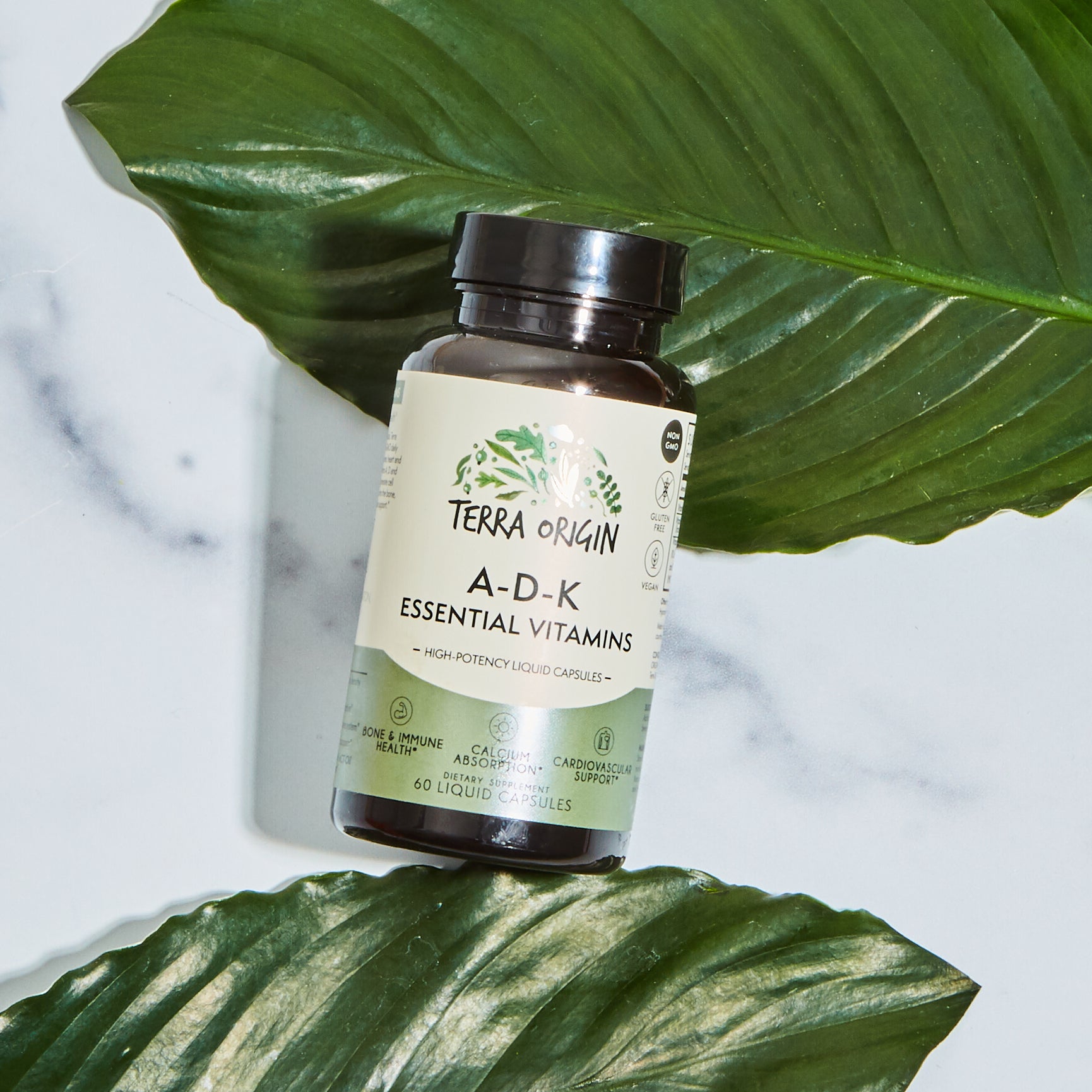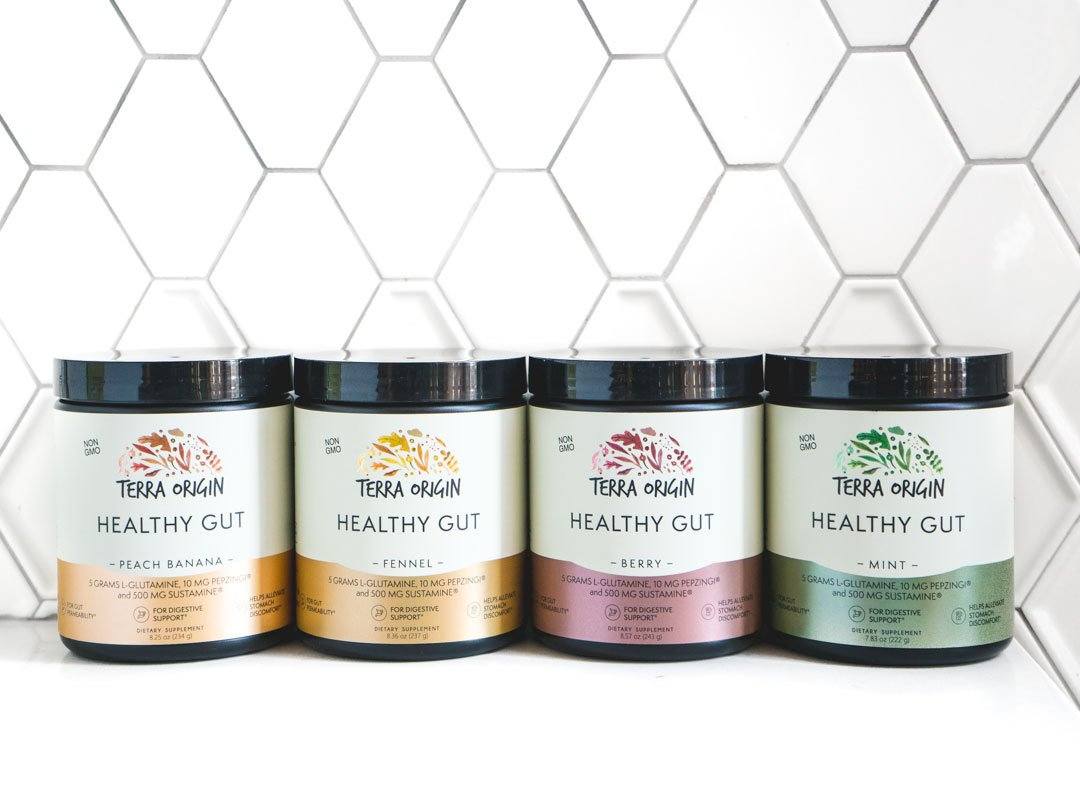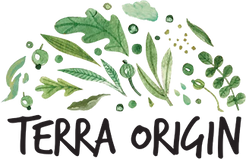
Why You Should Be Taking ADK Vitamins
Take your vitamins. You’ve probably been hearing this daily refrain from your parents since you were a little kid. But have you ever asked why we take vitamins and what they do for our health? After all, don’t we get vitamins from the food we eat?
Continue reading

What is Autoimmune Disease?
It's nearly impossible to not have at least one friend or family member these days who has been d...
Continue reading

Turmeric, the Medicinal Gold Dust
If you are unfamiliar with turmeric, look for the extremely bright yellow powder in the spice sec...
Continue reading

